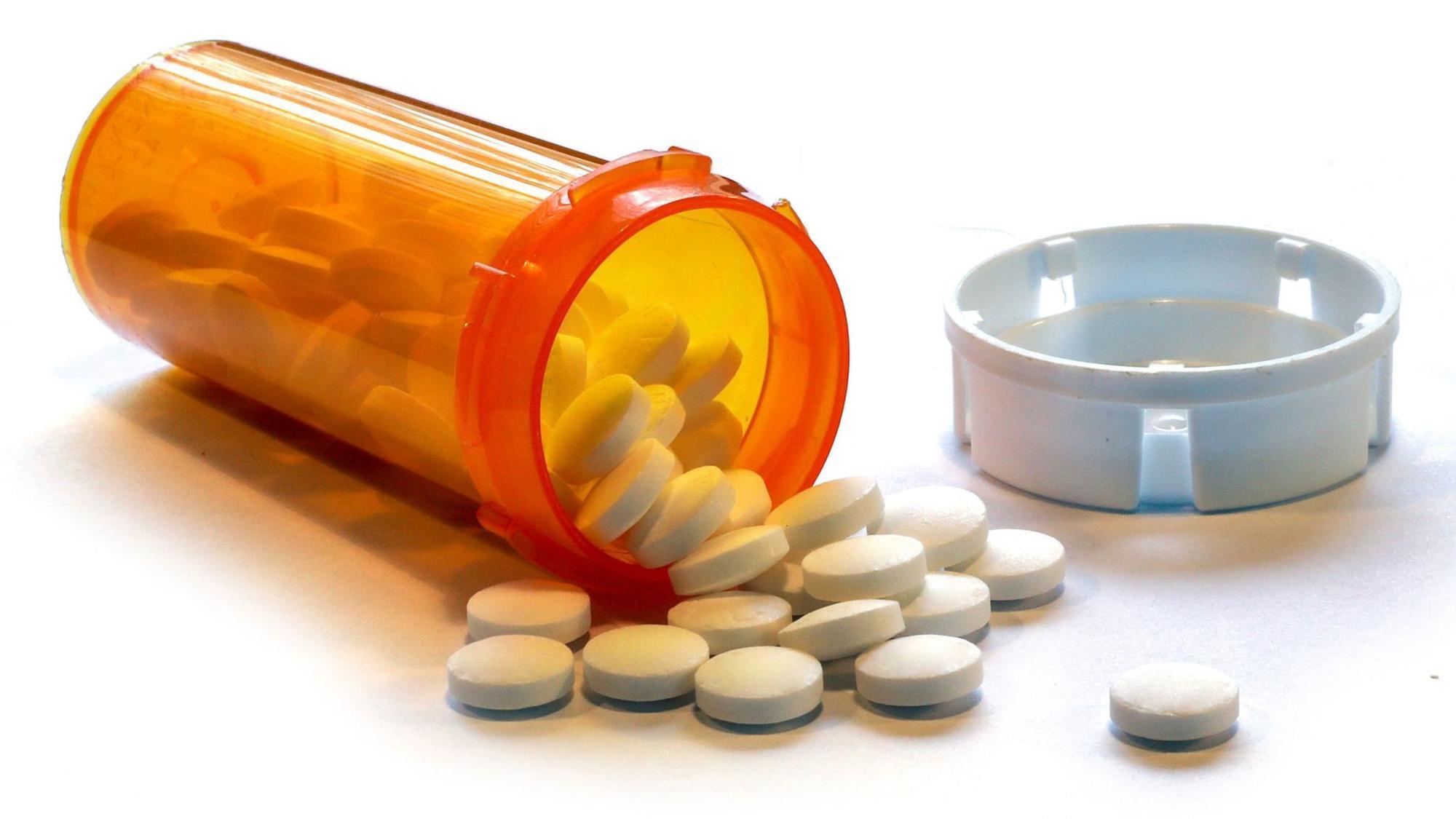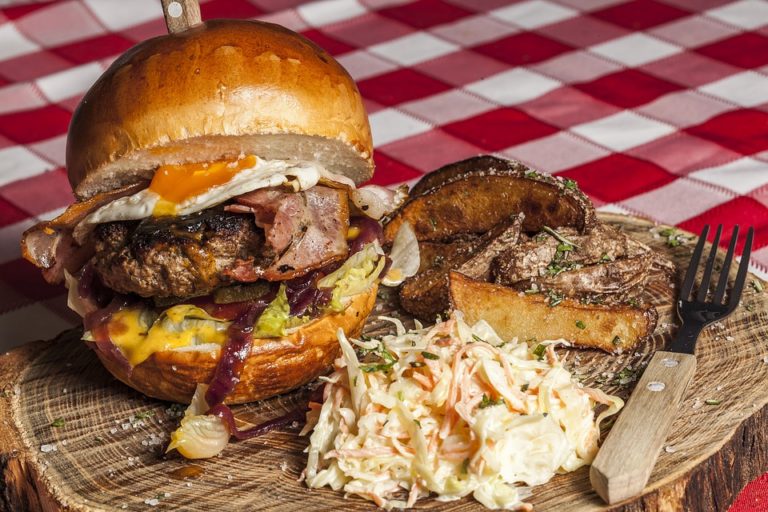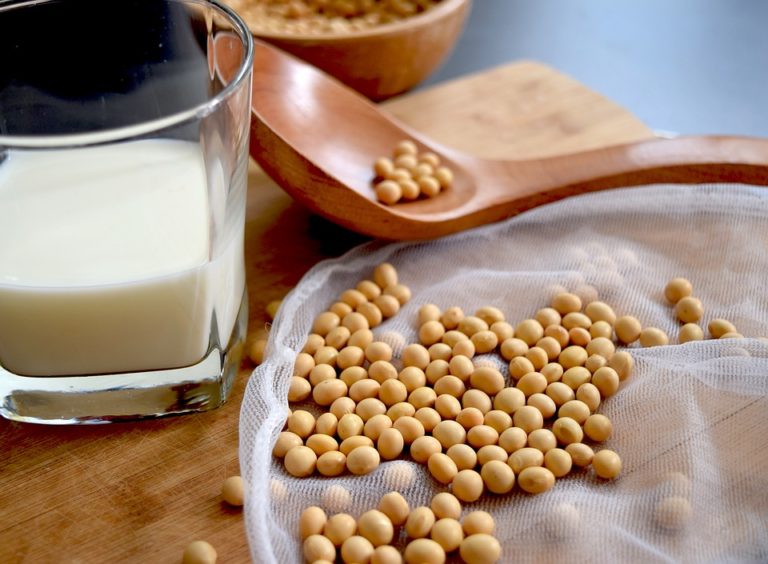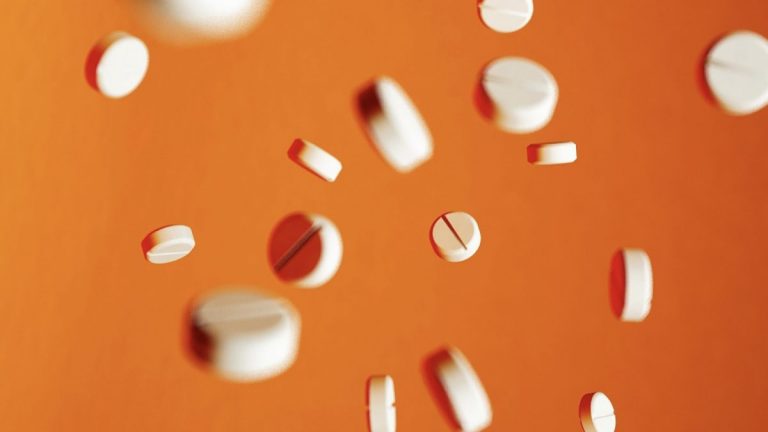
Increasing tolerance
Pain management doesn’t actually rise to the level of addiction until you’ve begun to experience pain despite taking the highest medically acceptable dosage. That is tolerance, according to Dr. Myer, and it’s one of the two diagnostic criteria for opioid addiction.
Tolerance occurs because the use of opioid painkillers slows the brain’s production of endorphins, which are the body’s own painkillers, explains psychotherapist, Fran Walfish, PsyD. Your body doesn’t know or care how you began taking your meds, Dr. Walfish stresses. It doesn’t matter if you obtained them legally or illegally. The fact remains that your body is now becoming increasingly incapable of coping with pain without an external supply of opiates.
The first sign that you’re reaching a critical tolerance level may be that you find yourself running out of pills before your refill is available, according to Shanthi Mogali, MD, a board-certified addiction psychiatrist in New York and Director of Psychiatry at Mountainside Treatment Center. You might feel anxious about whether you’ll be able to obtain more pills. You might also find that your doctor is unwilling to “cooperate” in prescribing your refills or the dosage you believe you need in order to get relief. It’s important at this point to understand that it’s not that your doctor is trying to hurt you, but that you’ve reached a critical level of tolerance to your meds.

























